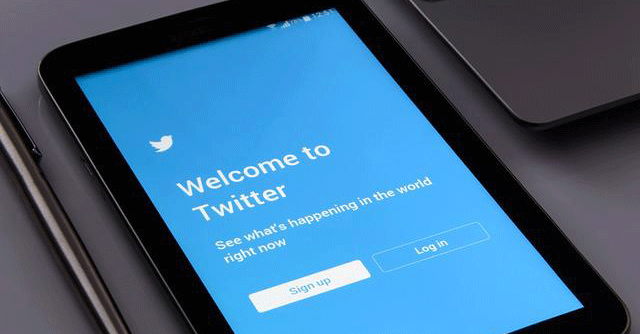
Twitter to add warning labels on misleading posts; downgrade them in search, timeline


Twitter said that it will slap a warning notice on highly visible tweets that are found to be spreading misinformation, under its new crisis misinformation policy. Twitter will also disable the ability to like, retweet, and share the post to ensure the misleading information in the post is not circulated further.
The content in the post will also not be shown in recommendations and will be downgraded in Search, Explore and Timeline on the microblogging platform, Twitter said.
“This new approach will help to slow the spread by us of the most visible, misleading content, particularly that which could lead to severe harms,” Yoel Roth, head of Safety & Integrity at Twitter said in a blog post.

The new crisis information policy is part of a crisis misinformation framework that Twitter has been working on since 2021 with help from global experts and human rights organisations.
The new policy defines crises as any situation where there is a widespread threat to life, physical safety, health, or basic subsistence of people. Roth points out that this is in line with the United Nations (UN) definition of a humanitarian crisis. “As we expand our approach, we will enforce around other emergent global crises,” he added.
Also read: Musk-Twitter deal: What has happened so far

Twitter has been criticised in the past for blocking posts and accounts for circulating misinformation. Even Elon Musk, who has made a $44 billion bid to acquire it, has criticised the social network on several occasions for obstructing free speech by taking down posts.
Musk has vowed to make Twitter free from spam bots and fake accounts that are widely used to circulate fake news during elections, war, riots, or public protests.
Under the new policy, Twitter has classified misinformation as false coverage of events on the ground; false allegations regarding the use of force, and territorial sovereignty; fake allegations of war crimes; and false information regarding international community response, sanctions, or humanitarian operations.

Misinformation is not a new problem. However, its frequency has increased dramatically over the last few years with the emergence of social media platforms as a major source of news and daily information for people across the world. Most social media networks including messaging apps such as WhatsApp have been grappling with it. WhatsApp now restricts users from forwarding a message with up to five chats at a time.
India is one of the top sources of social media misinformation. India produced the largest amount of social media misinformation on Covid-19 among 138 countries, according to a September 2021 study published in Sage’s International Federation of Library Associations and Institutions journal.
Most social media networks have a mechanism where users can flag misleading posts. Governments are frequently asking social media companies to take down fake news and misleading posts. Last month, the European Union ratified the Digital Services Act to curb misinformation on social networks.

